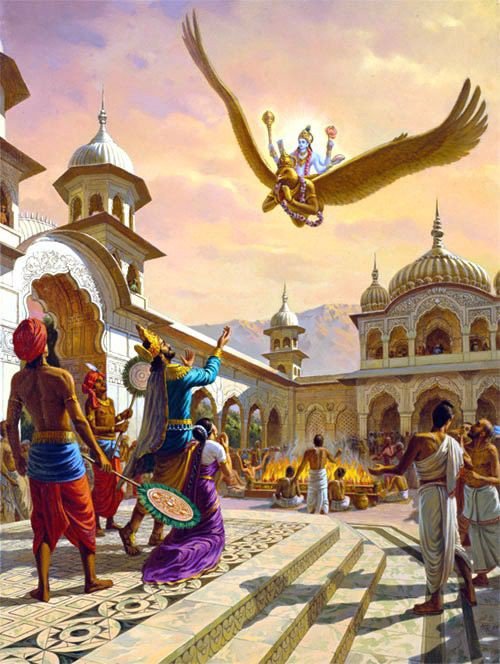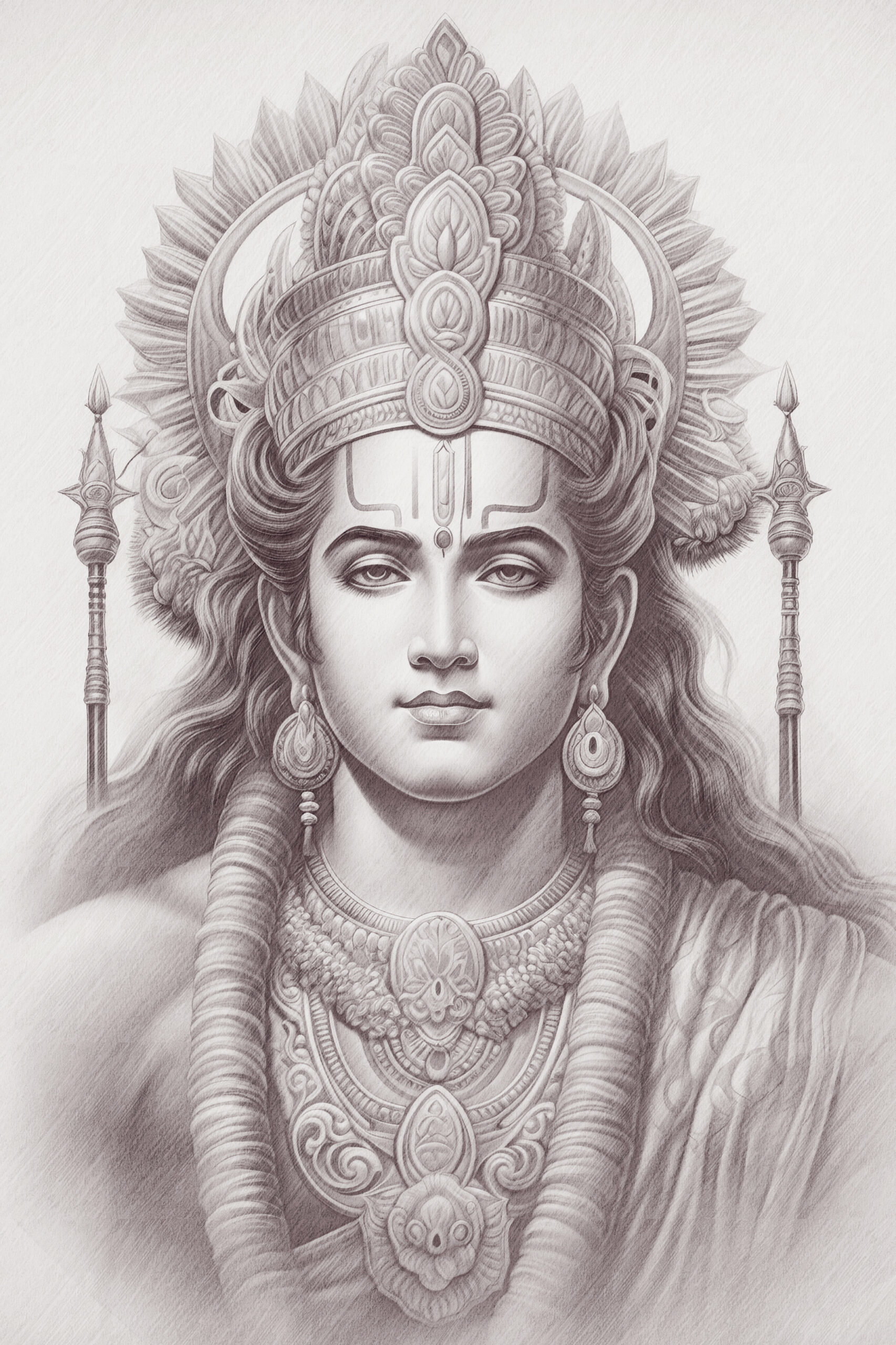

About Satyug
In Hindu cosmology, Satyug, also known as the Age of Truth, is a pivotal period that marks the beginning of the yugas’ cyclical evolution. Satyug, known as the “golden age” because of its unrivaled devotion to morality and virtue, lasted for an enormous 1.728 million years. Humanity is said to represent the best moral and spiritual attributes in this era, coexisting peacefully with the natural world and the divine. In contrast to the succeeding yugas, Satyug is free of the moral and ethical degeneration that characterizes later periods. Inherently moral, upright, and spiritually enlightened, Satyug people practice meditation and other disciplines that strengthen their bond with the divine. Life on Earth is abundant and prosperous during Satyug, a period of fulfillment and contentment. Satyug, the first cosmic cycle, is a foundational phase that lays the groundwork for the future yugas, each of which has unique traits and difficulties of its own.




About Tretayuga
The second period of the Hindu Yug Cycle, Tretayug, comes before Dwaparayug and after Satyug. Tretayug, which lasted for 1.296 million years, is distinguished from the previous golden age by a slow fall in morality and spiritual consciousness. Although virtues remain, there is a noticeable rise in difficulties and a decline in the practice of dharma (righteousness). The epic Ramayana, which tells the story of Lord Rama’s life and adventures, is one of the most important events of the Tretayug period. The rise of sophisticated civilizations and the reign of legendary kings characterize this age. During Tretayug, Vedic rituals are performed in an increasingly complex manner, demonstrating a heightened sense of religious devotion. But virtue keeps slipping, paving the way for the Dwaparayug that follows. Considered a turning point in the cosmic cycle, Tretayug represents the perpetual cycle of formation, preservation, and ultimate dissolution.
About Dwaparayuga
Dwaparayug, the third epoch in the Hindu concept of yugas, follows Satyug and precedes Kaliyug in the cyclical order. Lasting for 864,000 years, Dwaparayug is characterized by a gradual decline in virtue and righteousness compared to the preceding golden age. It is marked by an increase in moral and ethical complexities, with a slight deterioration in spiritual awareness and adherence to dharma (righteousness). The great epics, the Mahabharata and the Ramayana, are believed to have taken place during Dwaparayug, portraying the struggle between dharma and adharma (righteousness and unrighteousness). The advent of Lord Krishna, considered the eighth incarnation of Lord Vishnu, occurs in this era. While virtues are still present, human behavior becomes more self-centered, and societal challenges become more pronounced. Dwaparayug serves as a transitional phase, setting the stage for the subsequent age, Kaliyug, which is characterized by a significant decline in moral and spiritual values.




About Kalyug
Kaliyuga, the fourth and final epoch in the Hindu Yuga Cycle, follows Tretayuga and is characterized by a significant decline in righteousness and spiritual values. Lasting for 432,000 years, Kaliyuga is considered an age of darkness and discord. Virtues such as truth, honesty, and morality diminish, and there is an increase in dishonesty, greed, and corruption. According to Hindu cosmology, Kaliyuga is the era in which we currently live. It is believed that people will face numerous challenges to maintain ethical conduct and spiritual awareness during this age. The scriptures predict a gradual deterioration in societal norms, with an emphasis on material pursuits over spiritual values. However, it is also believed that in the darkest times, there is an opportunity for spiritual awakening and redemption. Kaliyuga serves as a reminder of the transient and cyclical nature of time in Hindu philosophy, with the hope that a new cycle will begin with the arrival of a new Satyug.
Talk to us
Absolutely! I’m here to chat with you. Whether you have questions, need advice, or just want to have a casual conversation, feel free to share your thoughts or ask me anything. Is there a particular topic or question on your mind?
